Are you captivated by medieval and Renaissance art? Here are the best museums to visit in Valencian Community:
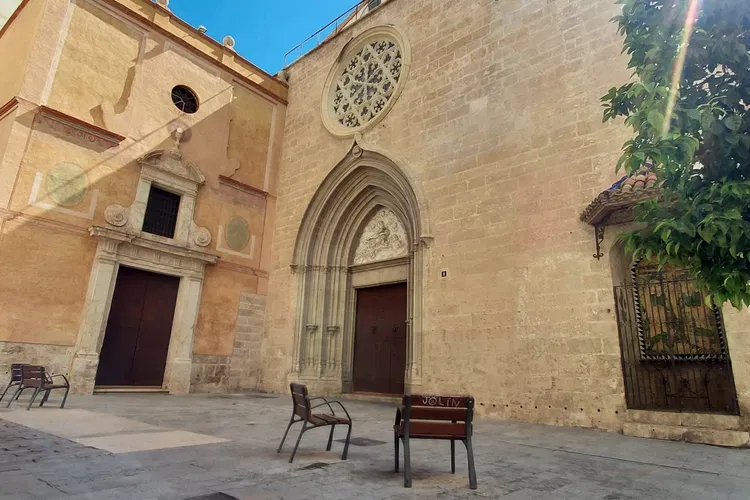
Church of San Nicolás
ValenciaThe Church of St. Nicholas and Peter, also known as the 'Sistine Chapel of Valencia', is one of the city's main attractions. Located in the El Carmen district in the historical center of Valencia, the church is renowned for its ceiling paintings. However, due to its location, it can be somewhat difficult for visitors to find as it is largely surrounded by other buildings.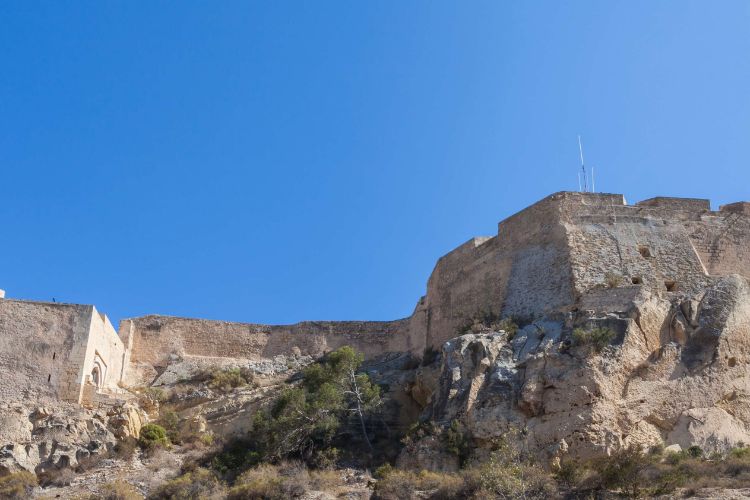
Castillo de Santa Bárbara - Museo de la Ciudad de Alicante
AlicanteCastillo de Santa Bárbara (The castle of Santa Bárbara) is a castle in Alicante, on Mount Benacantil, a rocky mass with a height of 167 meters that borders the sea and from which you can see the entire bay of Alicante and its terrestrial surroundings, giving it a big strategic advantage. The Museo d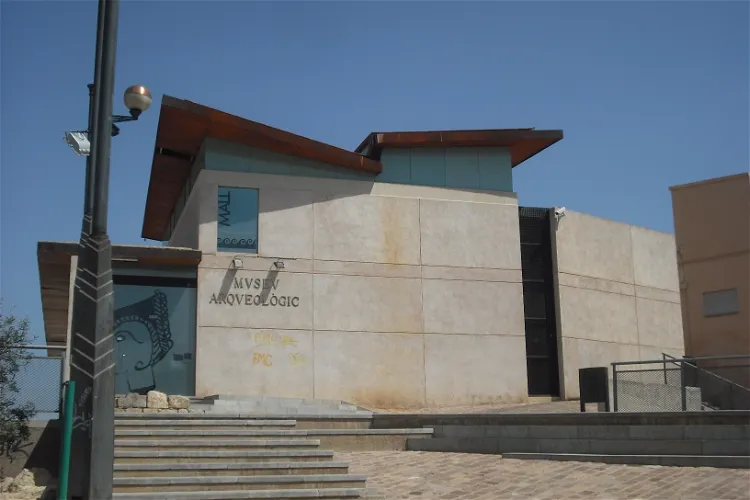
Llíria Archaeological Museum
LiriaThe Llíria Archaeological Museum plays a crucial role in the conservation, protection, and dissemination of archaeological artifacts recovered from the Campo de Turia. The museum's mission is to help recover and understand the historical past of Liria and its surrounding region through these artifacts.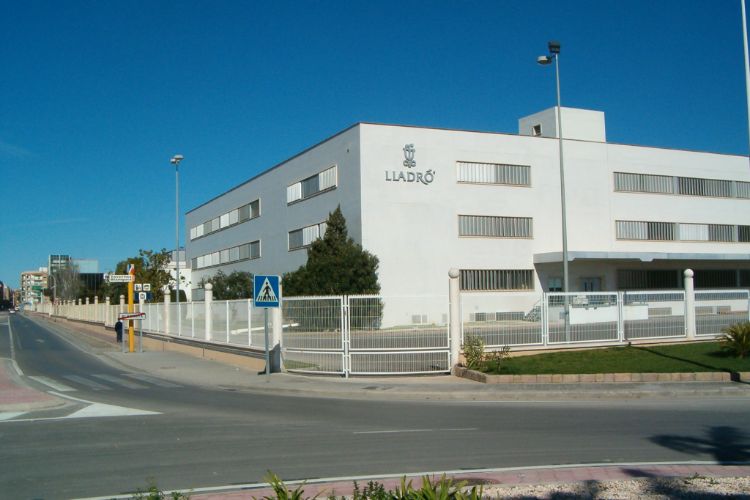
The Lladró Museum
ValenciaThe Lladró Museum is the private center that belongs to the well-known decorative porcelain firm Lladró. The museum has two permanent exhibits, the Historic Porcelain Museum and the Painting Collection. The Lladró Historical porcelain collection consists of pieces that are already removed from the c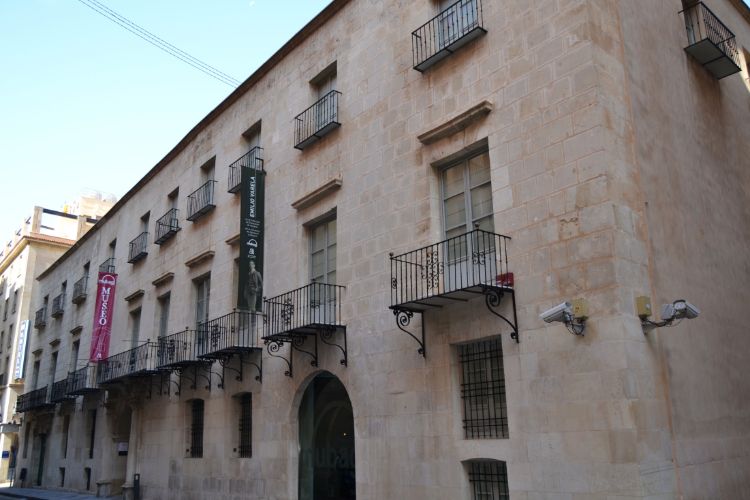
Museo de Bellas Artes Gravina - MUBAG
AlicanteMuseo de Bellas Artes Gravina (MUBAG, The Museum of Fine Arts Gravina) is an art museum in Alicante that is housed in the palace of the Count of Lumiares, a four-storey building built between 1748 and 1808. This museum holds a collection of paintings and sculptures from Alicante, from the 16th centu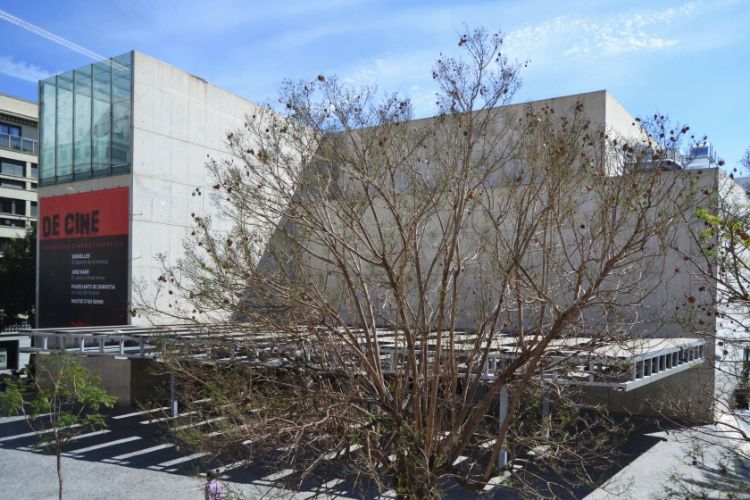
Museum of Illustration and Modernity
ValenciaMuseum of Illustration and Modernity (Museo de la Ilustraciòn y de la Modernidad) is a history museum in Valencia that offers a journey through time from the Middle Ages to modernity. As a part of the exhibition, you can see the remains of the Islamic Tower, which once stood here. To see the permane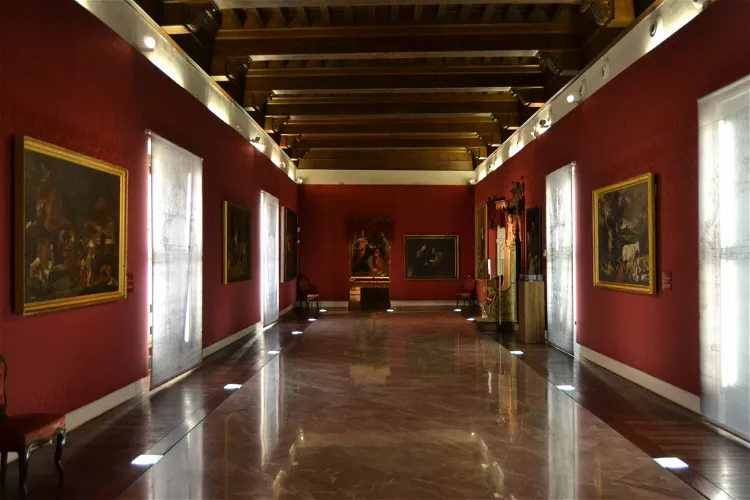
Diocesan Museum of Sacred Art of Orihuela
OrihuelaThe Diocesan Museum of Sacred Art is housed in the Episcopal Palace of Orihuela, a location that has been declared a Site of Cultural Interest. This historic building not only provides a fitting setting for the museum's collection, but is itself a significant part of the cultural heritage of Orihuela. Visitors to the museum will have the opportunity to explore this historic building as they view the museum's collection.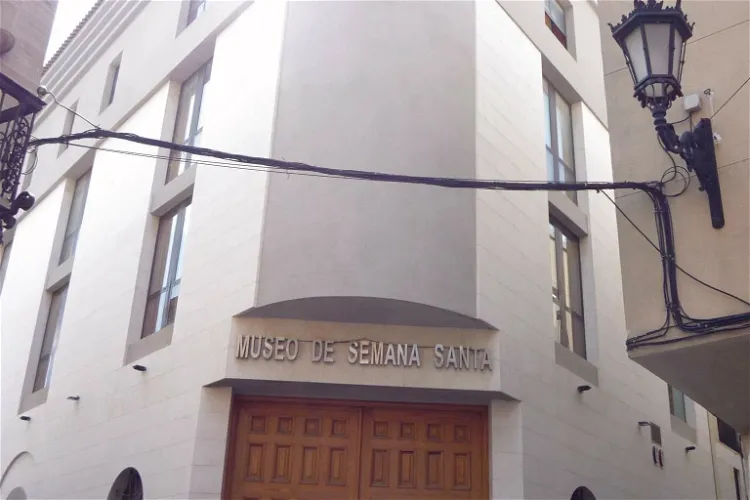
Holy Week Museum
OrihuelaThe Holy Week Museum of Orihuela is situated on the site of the Church of Our Lady of Mercy. This location is significant as it still retains its 16th century Renaissance facade, providing a historical backdrop to the museum's extensive collection of sacred art.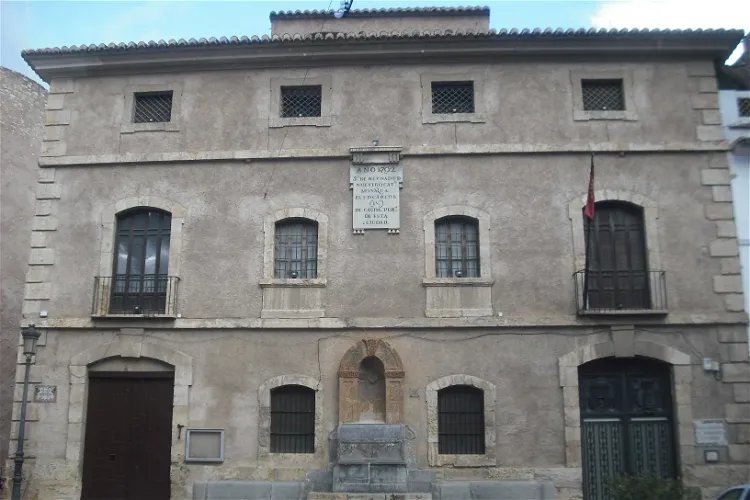
Segorbe Municipal Archaeological and Ethnological Museum
SegorbeThe Segorbe Archaeological and Ethnological Museum is housed in a neoclassical building that was erected in 1792. This building, known as the old Barracks House, is conveniently located in the Mesones square. It is in close proximity to the medieval aqueduct and the Botxí and Jail towers, making it a part of the rich historical landscape of Segorbe.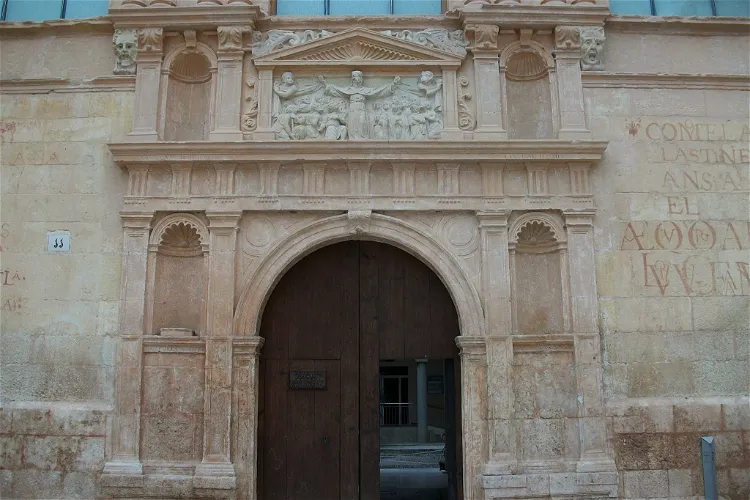
Royal Hospital
JátivaThe Municipal Hospital of Játiva has a rich history that dates back to the 13th century. It was founded by James I of Aragon in 1250, following the reconquest of the city. By the 15th century, the hospital had outgrown its capacity, leading to the need for expansion. This was achieved by acquiring neighboring houses, eventually occupying the entire block. The construction of a new hospital also began during this period, extending into the 16th century. This historical evolution of the hospital provides a fascinating insight into the city's past for tourists.- 11
Medieval Historical Museum
GuadalestThe Museum of Torture Instruments, known as El Museo de Instrumentos de Tortura, is situated in the picturesque town of Guadalest in the Province of Alicante, Spain. This location offers visitors a unique opportunity to delve into the darker side of history, all while enjoying the beautiful surroundings of this Spanish town.